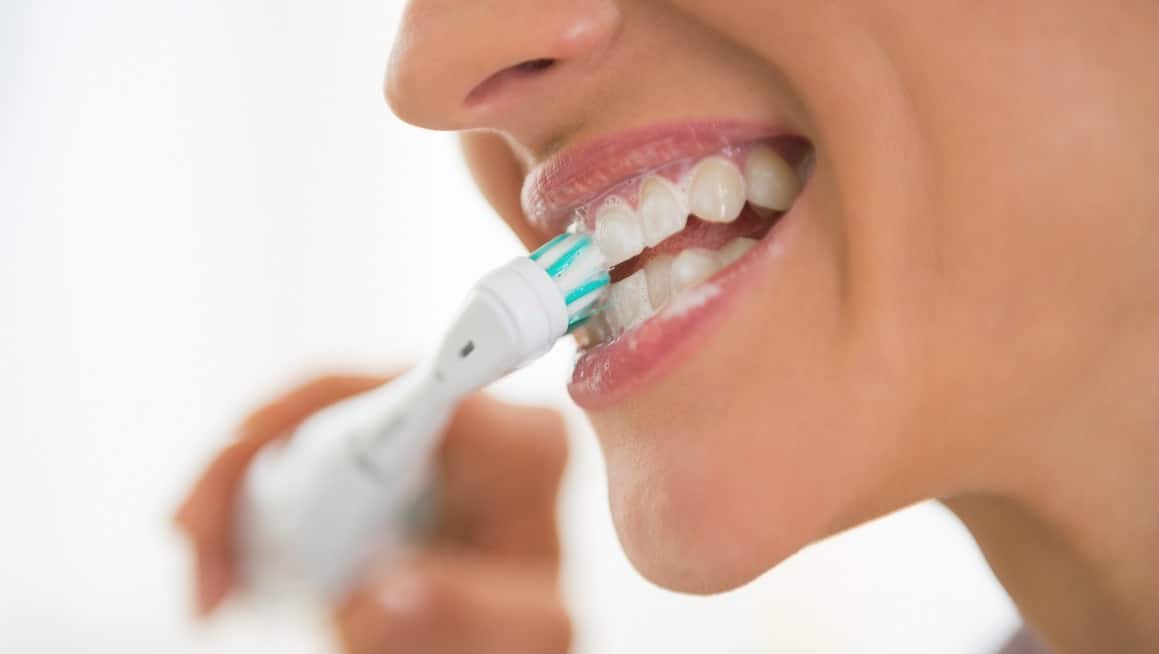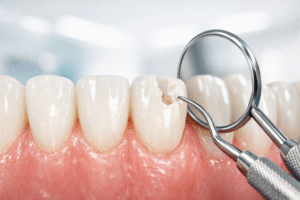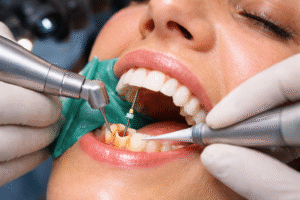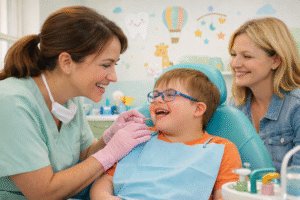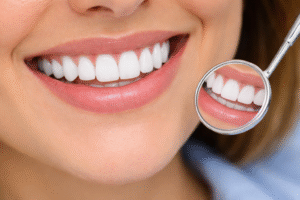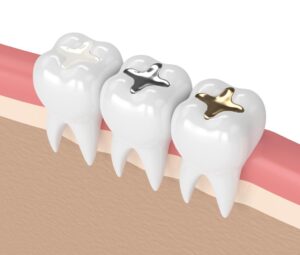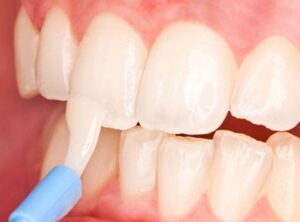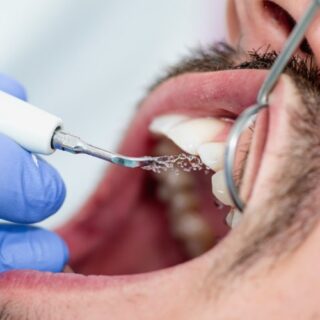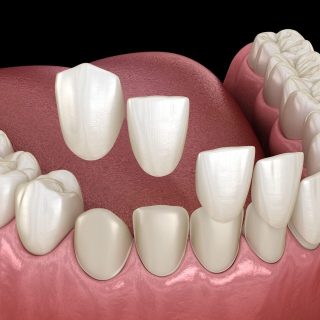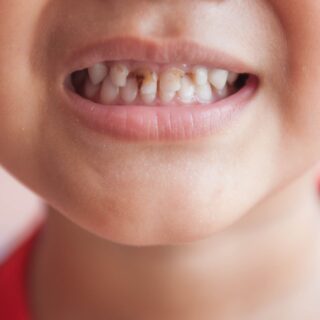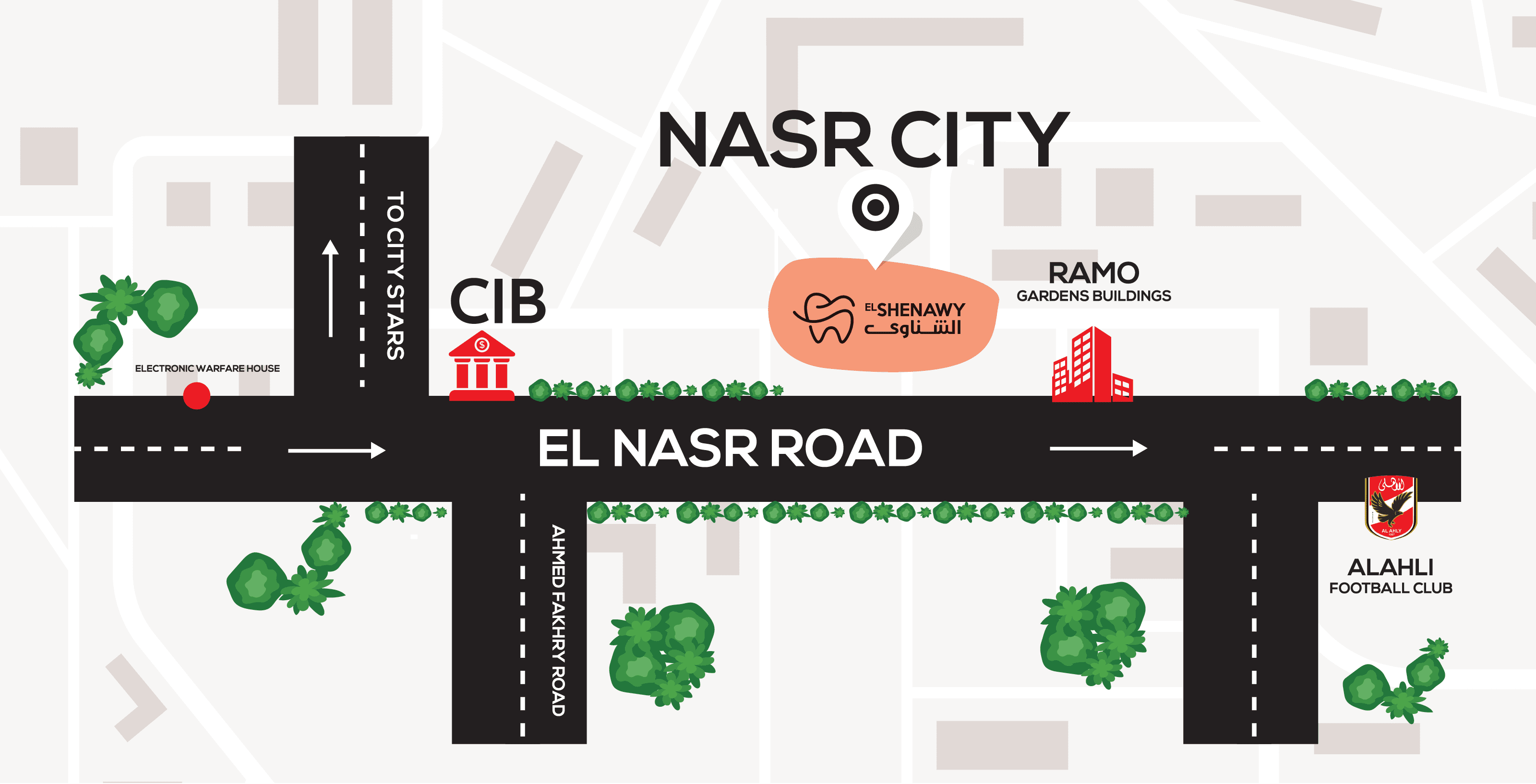Achieving healthy teeth isn’t as difficult as many think; it all begins at home with something as simple as brushing your teeth. While routine dental visits are essential for long-term oral health, it’s the daily habits, like proper brushing, that form the foundation of a strong, healthy smile. Many people underestimate how critical those few minutes they spend brushing teeth can be. When done properly, brushing helps eliminate plaque and debris while protecting against cavities, gum inflammation, and unpleasant breath.
In this blog, we will explore how to brush effectively, avoid common mistakes, and keep your smile in top shape every day.
The Benefits of Regular Brush for Teeth
- Removes oral plaque: Brushing helps eliminate plaque, the sticky film of bacteria that forms on your teeth, preventing it from building up.
- Prevents plaque reformation: Brushing regularly stops plaque from re-forming on your teeth and along the gum line, leaving your mouth cleaner for a longer time.
- Reduces risk of cavities: Brushing removes plaque and food debris, lowering your risk of cavities and tooth decay.
- Prevents gum disease: Frequent tooth brushing helps shield your gums from infections and inflammation, including gingivitis and periodontitis.
- Fights bad breath: Freshens breath by removing bacteria and food particles that cause unpleasant odors.
- Promotes overall health: Maintaining proper dental hygiene lowers the risk of heart disease, diabetes, and other conditions associated with inadequate dental care.
Complications of ignoring brushing your teeth
Failing to brush your teeth can result in a range of dental problems, most of which can have lasting consequences. Throughout the day, a film of bacteria, known as plaque, builds up on your teeth. Following consumption of sugary foods, plaque’s bacteria release acids that erode the enamel, the hard outer covering of your teeth. Over time, the enamel gets eroded by this acid, causing cavities. Plaque, when not cleaned, hardens into tartar, which is even more difficult to clean and needs to be removed by a dentist. The tartar buildup along the gum line causes inflammation, which can lead to gum disease.
The proper way to brush teeth: brushing teeth technique
- Position your toothbrush at a 45-degree angle to your gums, and brush the outer surfaces of your teeth (upper teeth first, then lower teeth). Take your time to not accidentally miss any spots.
- To get rid of stuck plaque or food particles, gently move the brush back and forth along the gum line while maintaining a 45° angle.
- Don’t neglect the inside of your teeth. Brush the inner side of the upper and lower teeth with the same 45° angle.
- Use short back-and-forth strokes to clean the chewing surfaces of your back teeth, where food can easily get stuck.
- Lastly, to keep your breath fresh and get rid of bacteria that cause odor, brush your tongue.
Recommendations when brushing your teeth
- Brush for 2 minutes: Brush your teeth for a minimum of two minutes to ensure a thorough clean.
- Brush your teeth twice daily: Once in the morning and again before you go to sleep, using a toothbrush with soft bristles. Make sure your brush is the correct size and shape to fit your mouth. This will allow you to access all areas comfortably.
- Get rid of your old brush: About every three or four months, or even more often if the bristles begin to show signs of wear, because an old brush won’t be effective enough getting rid of plaque on your teeth.
- Clean between your teeth: Floss or use interdental brushes once a day to clean between your teeth and eliminate plaque and food debris.
- Opt for toothpaste with fluoride: Fluoride is great because fluoride makes your tooth enamel stronger and helps stop cavities from forming.
- Wait before brushing: Avoid brushing right away after consuming acidic foods and beverages, such as soda, citrus fruits, and sour candies. If you brush right after eating, you might actually wear down your enamel. That’s because the acid from food can soften it. Generally, saliva needs time to work in hardening your enamel, so waot around an hour to give it enough time.
How to choose the best toothbrush?
- Choose a toothbrush head that comfortably fits in your mouth and can reach all areas of your teeth and gums. A smaller head is ideal for accessing hard-to-reach spots, such as the back molars.
- Soft bristles toothbrushes are the ideal choice. They clean your teeth well without scratching them or irritating your gums.
- Choose a comfortable toothbrush that feels comfortable. Well-made handle gives you better control and makes brushing easier and more effective.
Select a toothbrush specifically for sensitive teeth. In order to minimize pain while cleaning, these toothbrushes tend to have softer bristles and calming brushing alternatives.
Tips for overall dental health
- Flossing: Flossing is important because it gets rid of food bits and sticky plaque that your toothbrush just can’t reach between your teeth.
- Regular check-ups: Visit your dentist every six months for check-ups and professional cleaning.
- Limit sugary foods: Foods and drinks high in sugar feed the bacteria that cause plaque and acid, potentially resulting in cavities and tooth. Try to limit your intake of sugary snacks, soda, and other sugary beverages.
- Drink plenty of water: Water removes food particles and bacteria that may lead to plaque formation. Drinking water throughout the day also makes your mouth moist and stimulates saliva, which is essential for oral health.
- Don’t smoke: Smoking and tobacco consumption can cause gum disease, bad breath, and oral cancer.
If you’re experiencing tooth discoloration due to smoking, you may want to explore more teeth whitening price at El-Shenawy dental clinics.
When Should Children Start Brushing Their Teeth?
As soon as the first tooth erupts (generally around the age of 6 months), children should begin to brush their teeth. At this point, you can gently brush their teeth with a soft children’s toothbrush and water, or you may wipe the child’s gums and teeth with a soft, wet cloth. By the time they reach age 3, they should start learning how to brush their own teeth with guidance. However, you should always continue to provide assistance or observation until at least age 7 to help them to brush their teeth properly and to be able to effectively scrub away plaque.
Need a dental check-up? visit El-Shenawy Dental Centers
In addition to regularly brushing your teeth, routine dental check-ups are essential for maintaining optimal oral health. At El-Shenawy Dental Centers, we know that preventative care is the foundation of a lifetime of healthy smiles. Our dentists provide the highest standard of dental care at every appointment, ensuring that each visit is a step towards your best oral health. We provide comprehensive oral check-ups and professional dental cleans, as well as any additional treatment options that are appropriate for your dental care needs.
Schedule an appointment with us today to experience personalized care that accommodates your personal needs!
Frequently asked questions
- Is there a limit for brushing my teeth?
Yes, brushing your teeth more than three times a day isn’t truly beneficial and might even damage your teeth, especially if you’re brushing too hard. Over-brushing can erode the enamel on your teeth and cause your gums to recede. Brushing twice daily is really the best practice.
- Is it better to brush my teeth after each meal during the day?
No, you do not have to brush every time you eat. Also, never brush your teeth right after a meal, especially acidic foods, as this harms the tooth enamel. It’s best to wait at least 30-60 minutes after having a meal.



